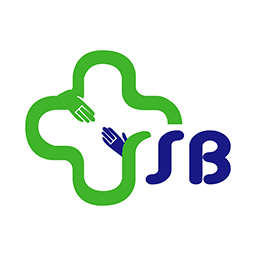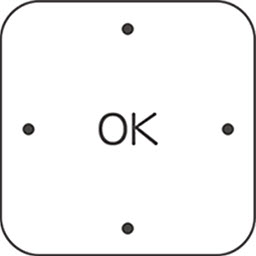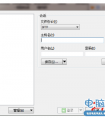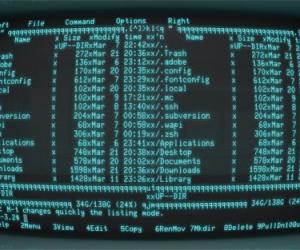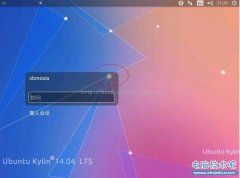shell中的引用
发布时间:2014-09-05 17:08:14作者:知识屋
shell中的引号
1.双引号
$,`,/,保留特殊意义
注意echo不加参数默认不支持/n这种转义字符
printf支持
[root@Centos5 test]# echo "/n"
/n
[root@Centos5 test]#
[root@Centos5 test]# printf "/n"
[root@Centos5 test]#
注意在双引号中引用特殊字符echo "/特殊字符"
#双引号中已知特殊字符$`/"四个
echo "/""
"
echo "/$"
$
2.单引号
引用的字符解释为字符表面意思
注意echo -e时不论是单引号还是双引号中都会解释/n等转义字符
转义字符表
// /a /b /c /f /n /t /r /v
# 不要和/$混淆
[root@Centos5 test]# echo -e "/n"
[root@Centos5 test]#
[root@Centos5 test]# echo -e '/n'
[root@Centos5 test]# echo -e '/"'
/"
再有
[root@Centos5 test]# echo -e '/'
/
[root@Centos5 test]# echo -e '//'
/
[root@Centos5 test]# echo /
>
不要迷惑哦
3.统配符号
不要引起来用*?[]|^,如果匹配不到则解释为自身
[root@Centos5 test]# ls *.111
ls: *.111: No such file or directory
4.转义/,/后面紧接的字符解释为字面意思
echo /*
*
echo //
/
5.shell元字符meta
IFS
CR
=
$
>
<|&(){};&&||!
#这些字符不被引用时需要转义
echo /=
=
有些输出我也不知道那就试试了反正就几次结果就出来了
本文出自 “君子博学而日参省乎己..” 博客
相关知识
-

linux一键安装web环境全攻略 在linux系统中怎么一键安装web环境方法
-
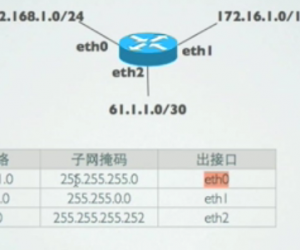
Linux网络基本网络配置方法介绍 如何配置Linux系统的网络方法
-
Linux下DNS服务器搭建详解 Linux下搭建DNS服务器和配置文件
-
对Linux进行详细的性能监控的方法 Linux 系统性能监控命令详解
-
linux系统root密码忘了怎么办 linux忘记root密码后找回密码的方法
-
Linux基本命令有哪些 Linux系统常用操作命令有哪些
-
Linux必学的网络操作命令 linux网络操作相关命令汇总
-

linux系统从入侵到提权的详细过程 linux入侵提权服务器方法技巧
-

linux系统怎么用命令切换用户登录 Linux切换用户的命令是什么
-
在linux中添加普通新用户登录 如何在Linux中添加一个新的用户
软件推荐
更多 >-
1
 专为国人订制!Linux Deepin新版发布
专为国人订制!Linux Deepin新版发布2012-07-10
-
2
CentOS 6.3安装(详细图解教程)
-
3
Linux怎么查看网卡驱动?Linux下查看网卡的驱动程序
-
4
centos修改主机名命令
-
5
Ubuntu或UbuntuKyKin14.04Unity桌面风格与Gnome桌面风格的切换
-
6
FEDORA 17中设置TIGERVNC远程访问
-
7
StartOS 5.0相关介绍,新型的Linux系统!
-
8
解决vSphere Client登录linux版vCenter失败
-
9
LINUX最新提权 Exploits Linux Kernel <= 2.6.37
-
10
nginx在网站中的7层转发功能




